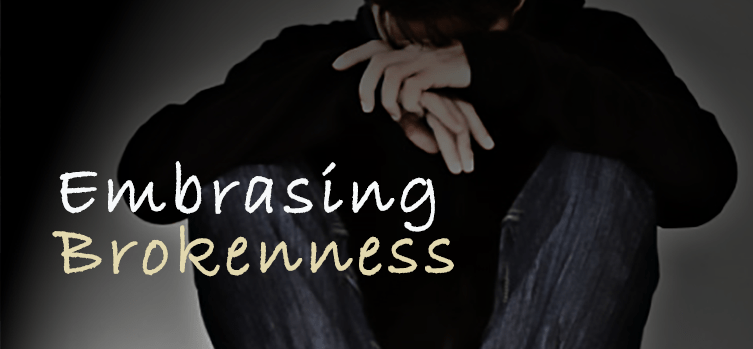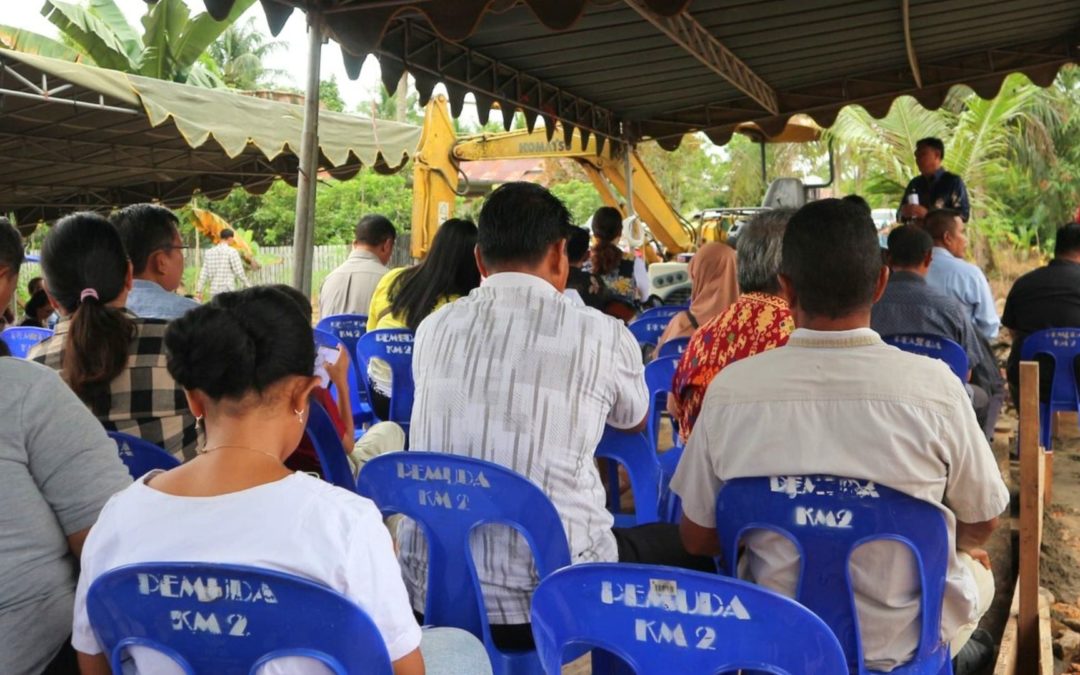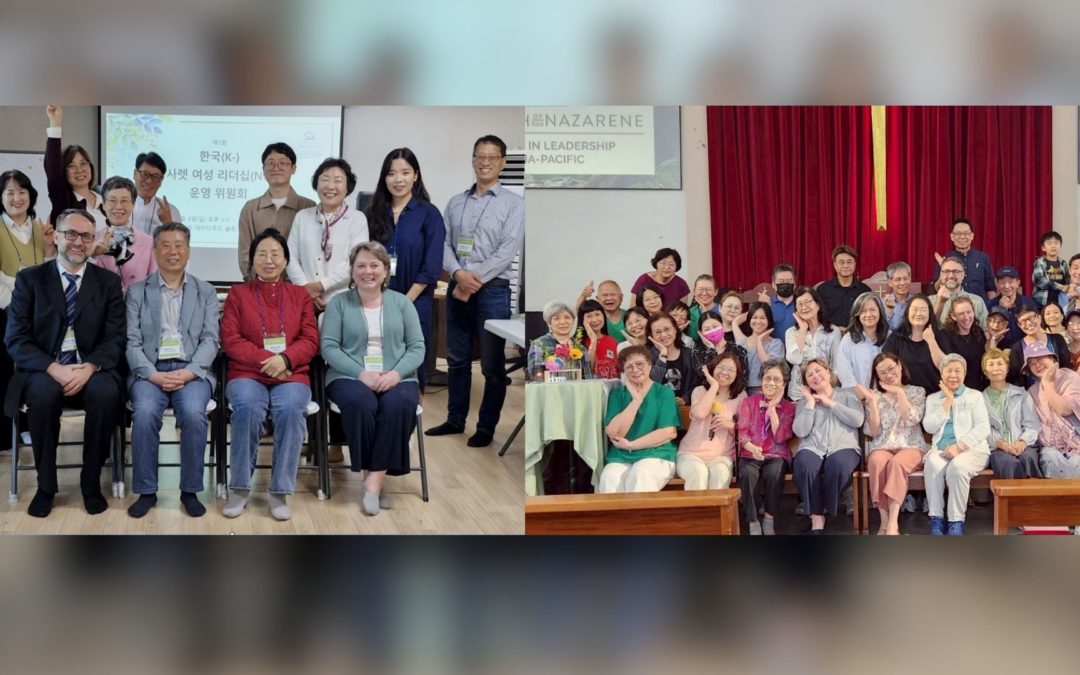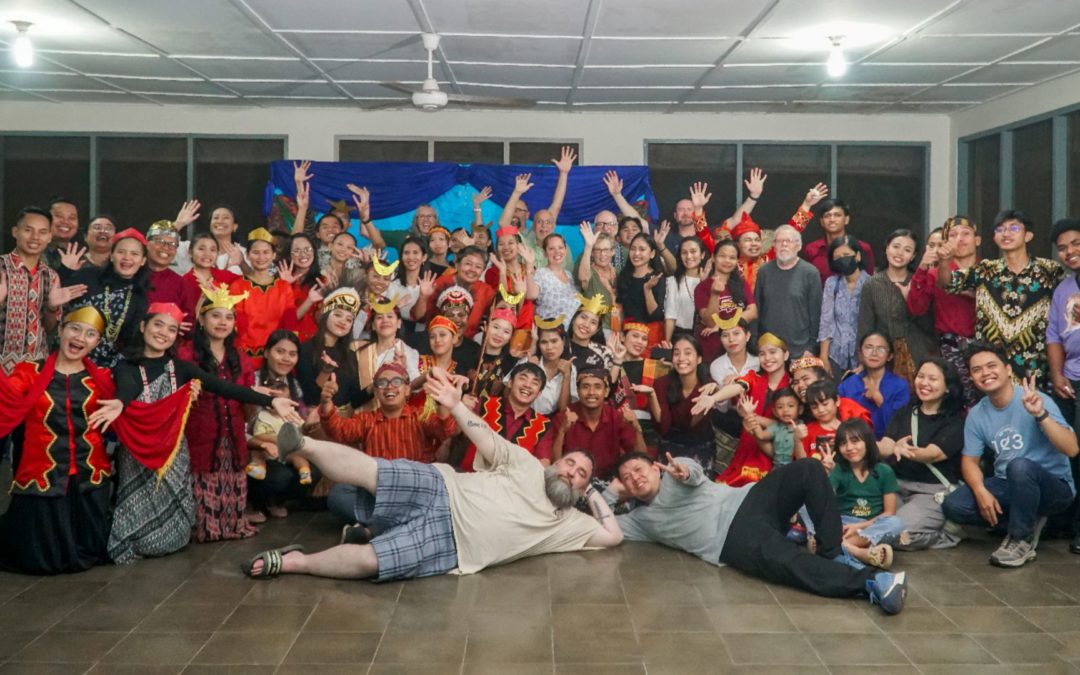“One day, this will be a gift to you.” These words are etched in my mind, though they were first spoken to me some 10 years ago, now. I’m sure he said much more during that particular counseling session, but this was the sentence that stuck with me. It has continued to follow me every day since. Honestly, the first time I heard it I thought I might need to work on finding a new therapist. How could the pain and suffering I was going through be a “gift,” I wondered? My first reaction was one of defensiveness, but I knew my therapist cared about me as a person. He wanted me to grow, and he knew (from his own personal experiences) that the path to mental and spiritual development would necessitate me having to go through some difficult days that would stretch me in ways I never imagined possible.
Henri Nouwen, a noted author and Catholic priest, informs much of my understanding of the intersection between spirituality and psychology. He, in a sense, became a fellow sojourner for me on the road to spiritual and mental health and relational self-awareness. Through his gift of words across the years, he has helped me to understand and make sense of how my own wounds could become transformed into “gifts.” He says, “Nobody escapes being wounded. We are all wounded people, whether physically, emotionally, mentally, or spiritually. The main question is not, ‘How can we hide our wounds?’ so we don’t have to be embarrassed, but ‘How can we put our woundedness into the service of others?’ When our wounds cease to be a source of shame and become a source of healing, we have become wounded healers.” (Henri J. M. Nouwen, The Wounded Healer, Image Book: New York, 1979.)
Today, I can say with a profound sense of grace and astonishment that my wounds have become gifts to me. They have helped me understand the grace of God for my life and enhanced my experience of His love. In my work in the area of Member Care for our Region, I find myself ever more inspired to help others embrace their own wounds as a pathway toward transformation and personal and spiritual development that can ultimately serve others. It is my deepest prayer that our wounds can become redeemed for the Kingdom and utilized in the service of our loving Father.
God has called me to help others explore their own woundedness in an effort to experience their true humanity, to recognize the love of God, and to grow and develop within their spectrum of relationships. I have good opportunities to work alongside many in the church who are conditioned to believe they should “have it all figured out.” Unfortunately, many of our tribe are still living under this false ideology. It is wonderful to help people release these shackles and to journey with them as they experience the freedom found in authentically working toward wholeness.
If you would like to work toward seeing your own wounds transformed into gifts, consider reaching out for pastoral, counseling or coaching resources from those who can assist you in these ways. The “safe” people you can ask about these things are generally the ones who are authentic enough to share just enough of their own story to normalize the situation for you but are more focused on listening rather than talking. Often, these are persons who can point you in the direction you are looking to go.
“Wounded healers” come in many different forms and work in a variety of helping professions. You can find resources via professional or pastoral counseling, as well as through certified coaching. As you search for the path the Lord is leading you to take, please keep in mind that you will want to confirm that the people you are working with have the necessary requisite training. In other words, do your due diligence in order to be as certain, as possible, that the person(s) you are asking to come alongside you is appropriately equipped. While many people are well intended, not everyone is adequately trained to offer you the help you may be seeking.
A brief word on the types of help available to people: Professional counseling and coaching are very similar in that both are interested in helping people develop and grow. However, they tend to start from a different “space.” Professional counselors, no matter their primary counseling theory or paradigm, tend to start with more of a view toward the past. However, this is done in order for individuals to better understand their present and future. Certified coaching, on the other hand, generally tends to spend more time focused on the future and working toward well-established goals. In both modalities, the counselor-client or coach-coachee relationship is built on collaboration around agreed-upon goals and a strong commitment to partnership. In these helping traditions, people are equipped with some level of awareness around principles of psychology as part of their training and there are almost always concrete and measurable goals for people to work toward. Pastoral counselors are generally focused on helping people work through spiritual issues and should have some training in Biblical theology, interpretation of Scripture and the spiritual disciplines. In some cases, you may find someone who has training in all of these areas!
As you continue in your journey, be encouraged that your Father welcomes you and accepts you in your brokenness. When you know you are a chosen child of His, all things are possible and growth in grace and insight is available! May the Lord bless you!
Contributed by an Asia-Pacific Member Care team member







